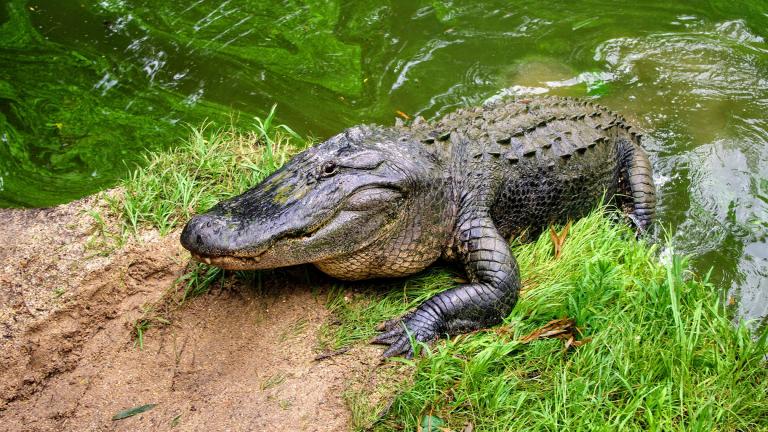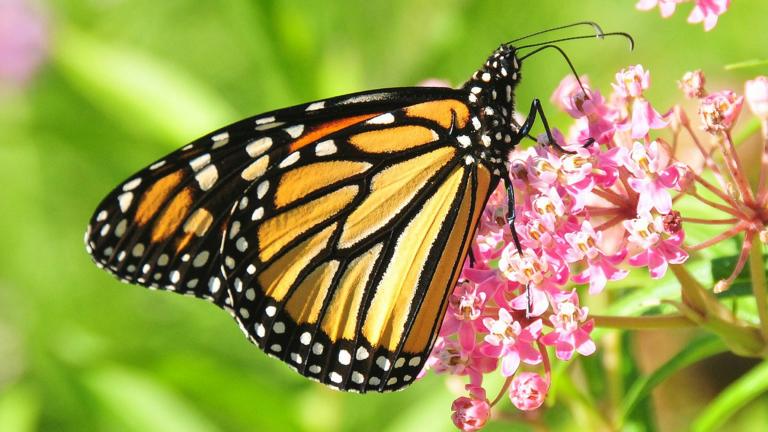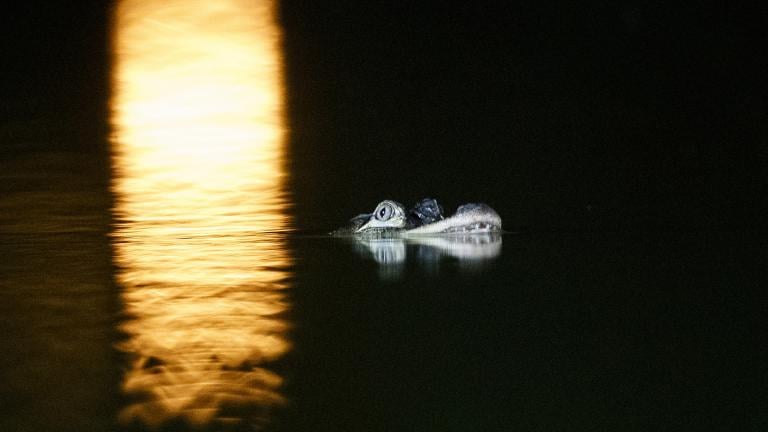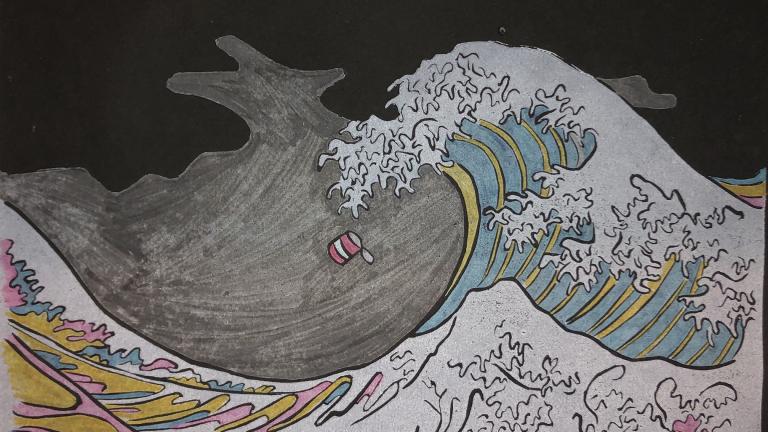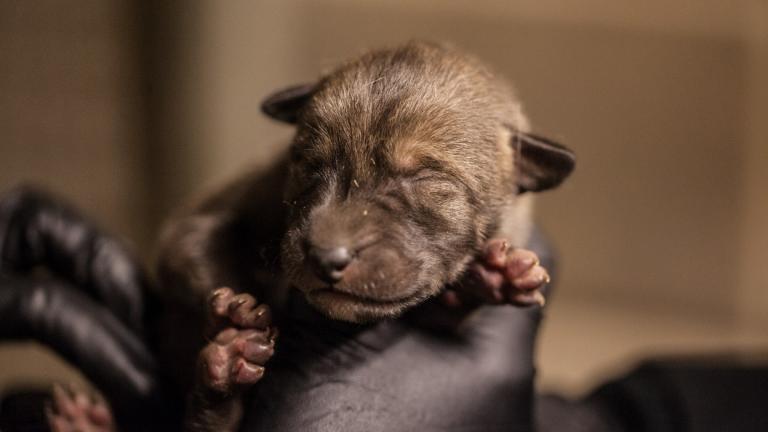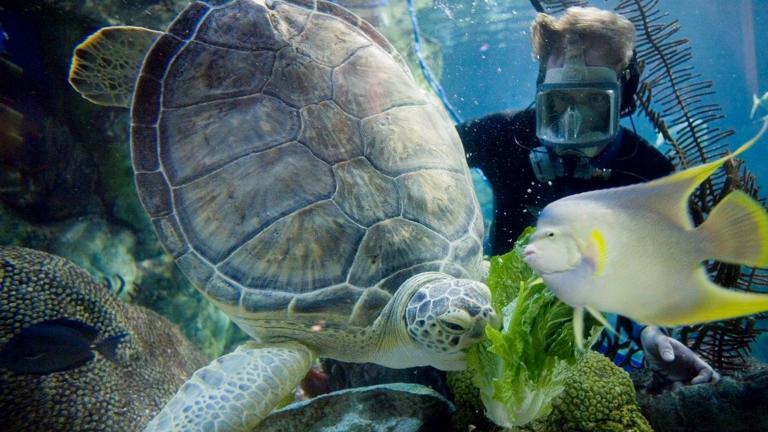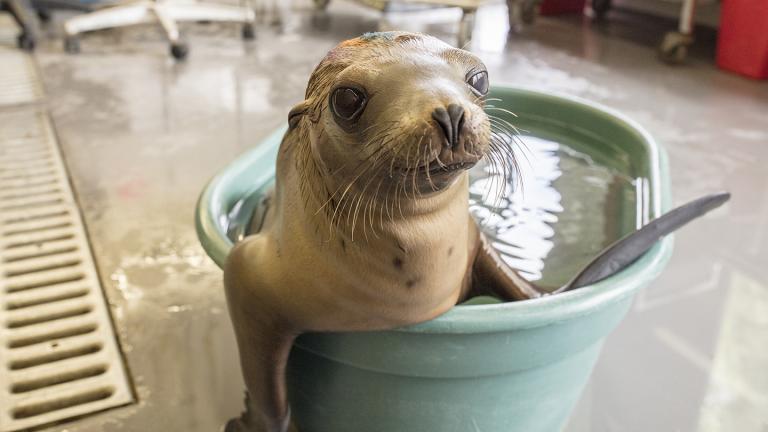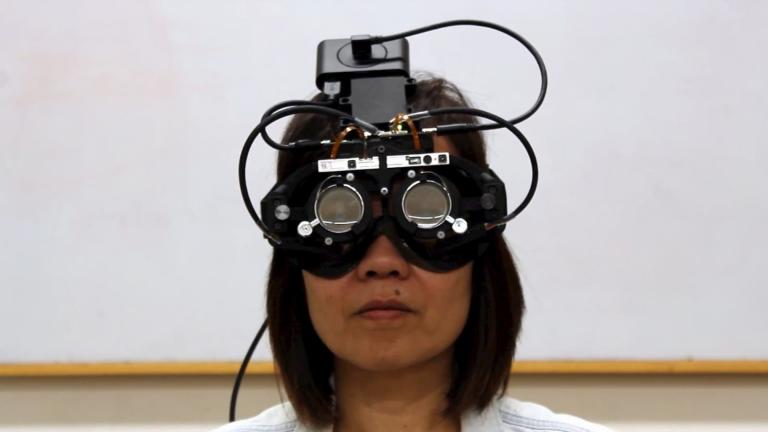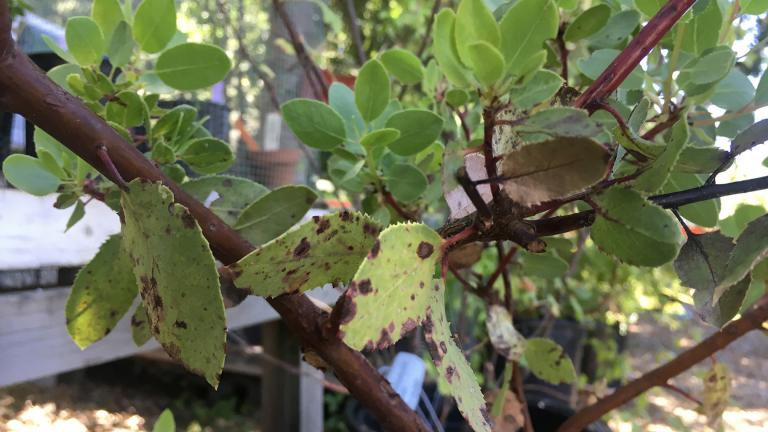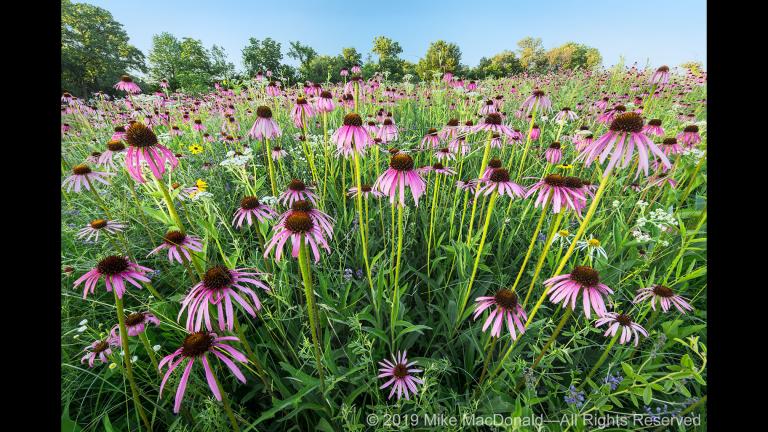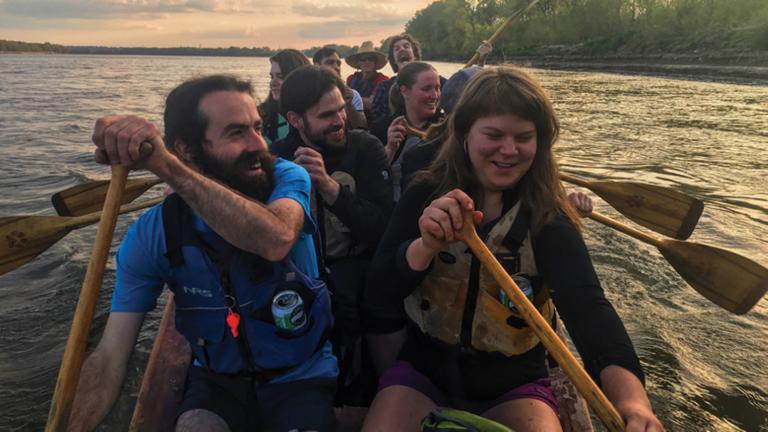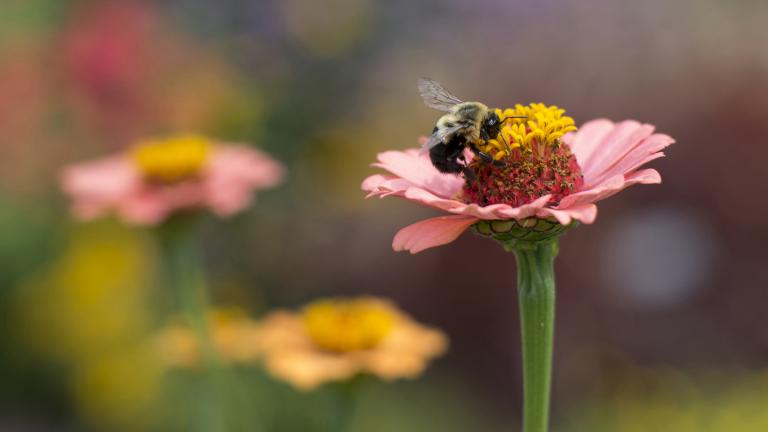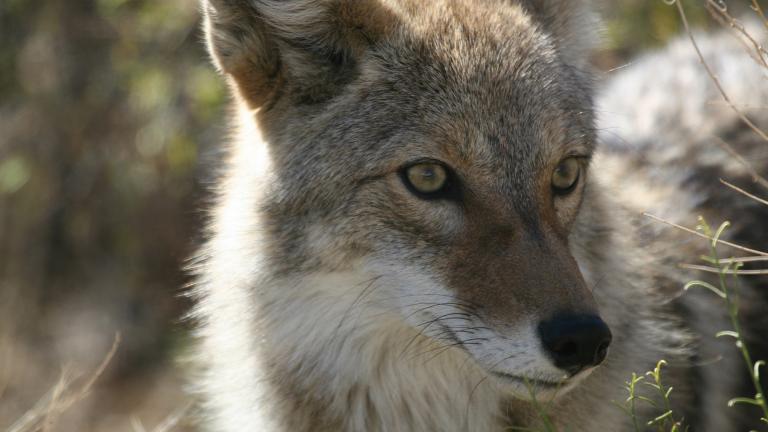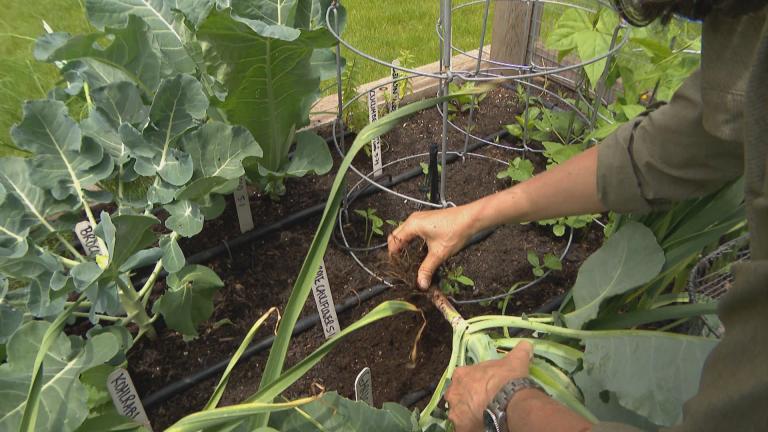Science & Nature
As the search for the Humboldt Park Lagoon alligator continues, learn more about these fear-inducing creatures – and why they shouldn’t be brought home as a pet.
In the aftermath of two major earthquakes that shook southern California last week, officials in Illinois are urging residents to prepare themselves and their homes in the event of a similar incident.
New research by University of Chicago scientists shows that despite the positive intentions of conservationists who promote captive breeding for monarchs, the practice may not be producing the desired effect.
Chicago police investigators have cracked the case: A 4- to 5-foot alligator is living in a lagoon at one of the city’s most popular parks.
Meet Dr. Mika Tosca, a scientist who traded a job at NASA’s renowned Jet Propulsion Lab to teach climate science to art and design students in Chicago.
From rare blind salamanders to adorable red wolf pups, here’s our guide to the newest and most unique animals to visit in and around Chicago.
This massive Chicago aquarium was the world’s largest when it opened to the public in 1930. Today it holds 5 million gallons of water and features a dazzling array of creatures. Learn more fun facts about the Shedd.
The response by animal care specialists from Shedd and other institutions comes amid reports of an abnormally large number of sick adult California sea lions and malnourished pups.
Could futuristic-looking headware ultimately lead to self-focusing glasses? Rabiah Mayas returns with a roundup of the latest science news.
The disease known as sudden oak death has killed large numbers of oak trees and native plant species in California, Oregon and Europe. The pathogen behind it has now been identified in Illinois.
If you want to see wildflowers in and around Chicago, photographer Mike MacDonald will tell you where to go – and when – for the most glorious blooms.
From hiking to kayaking and fishing to stargazing, here are 10 activities to try this summer in the good ol’ Land of Lincoln.
Pollinating animals account for an estimated one out of every three bites of food humans eat. “Bees & Beyond” explains how the process works, traces its evolutionary history and demonstrates its impact on our daily lives.
The University of Chicago paleontologist takes us behind some of the most recent science stories making headlines.
Near-record rainfall has left many farms and gardens underwater, but some area gardens – including our WTTW organic garden – appear to be thriving. Organic gardener Jeanne Nolan explains why.
Responding to increasing public concern over environmental health threats, researchers have published a guide designed to help residents of Great Lakes communities determine if air, water or soil contamination is affecting their health.

